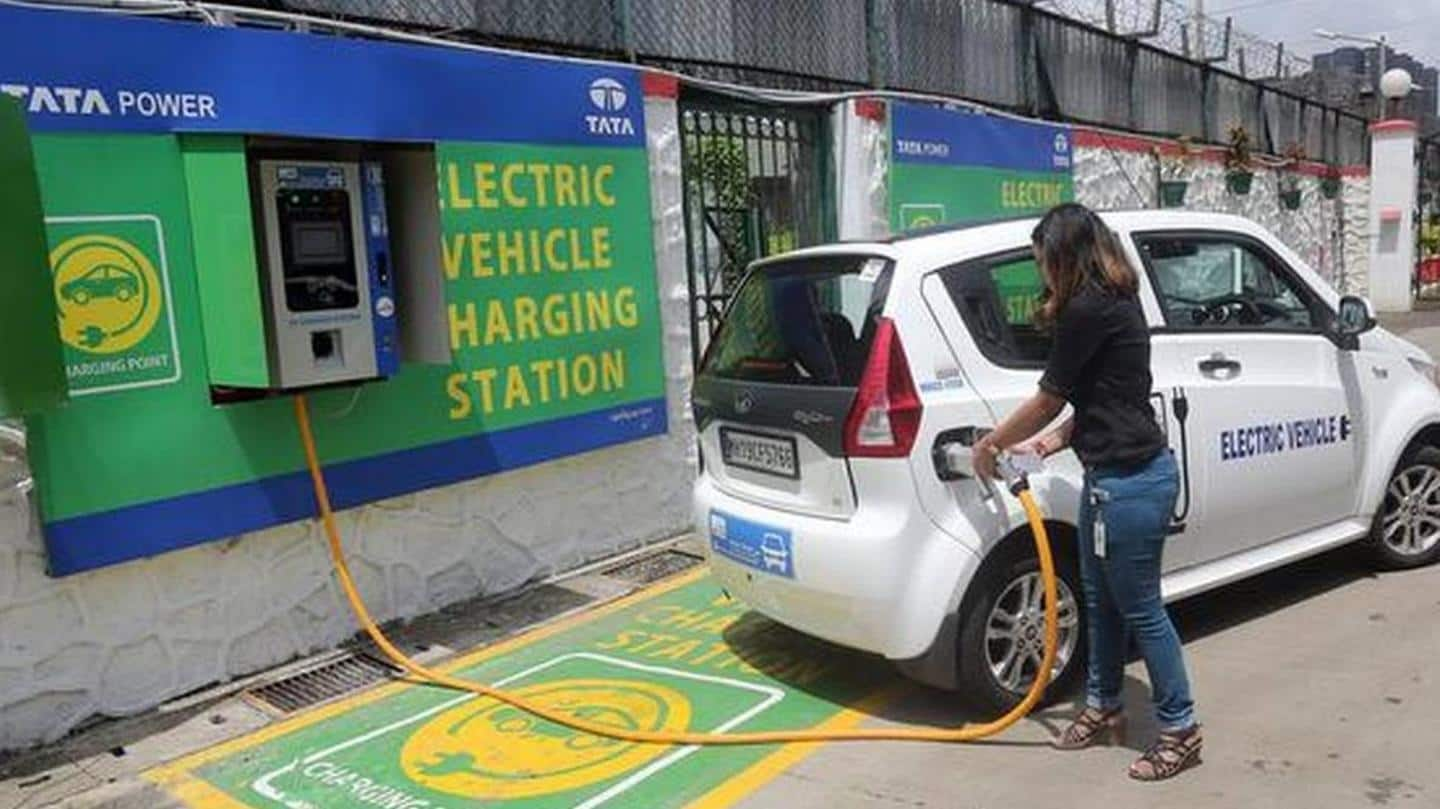The Telangana government, led by A. Revanth Reddy, has unveiled an ambitious electric vehicle (EV) policy to tackle the growing pollution crisis in the state. With urban air quality steadily declining due to vehicular emissions, this initiative aims to revolutionize transportation while promoting sustainable development.
The government’s primary objective is to encourage EV adoption across private, public, and commercial vehicle segments. To achieve this, the policy promises subsidies for EV buyers, tax incentives, and investments in charging infrastructure. The strategy also focuses on creating a supportive ecosystem by introducing 500 charging stations in urban areas as part of the first implementation phase. Additionally, the policy targets achieving 30% EV penetration by 2030, a significant step toward reducing dependency on fossil fuels.
According to the Telangana Pollution Control Board, vehicular emissions contribute nearly 45% of air pollution in urban areas like Hyderabad. In 2023, the city recorded over 90 days with an air quality index (AQI) above unhealthy level. The proposed shift to electric vehicles is expected to cut carbon dioxide (CO2) emissions from transportation by 20% within five years. For instance, replacing diesel-powered buses with 10,000 electric ones could slash annual CO2 emissions by 50,000 tons, equivalent to planting 2.5 million trees.
Despite its forward-looking approach, the policy leaves a critical issue unaddressed—managing the disposal of EV batteries and exhausted engines. Unlike diesel and petrol engines, EV batteries have a much shorter lifespan, and their disposal poses significant environmental risks. Without a concrete strategy for recycling or safely disposing of these components, Telangana could face a monumental waste management challenge in the future.

Beyond environmental benefits, the policy offers economic advantages. By positioning Telangana as an EV manufacturing hub, the initiative could attract substantial investments and generate around 50,000 direct and indirect jobs over the next decade. Moreover, aligning with the National Electric Mobility Mission ensures that the state will benefit from central incentives for clean mobility.
Public health also stands to gain significantly. Reduced emissions would decrease cases of respiratory and cardiovascular diseases, potentially saving billions in healthcare costs. A 2021 study highlighted that air pollution costs India 1.4% of its GDP annually—an expense Telangana could help mitigate through cleaner transportation options.
Despite its promise, the EV transition faces challenges. High upfront costs, limited charging infrastructure, and consumer scepticism about the reliability of EVs could slow adoption. Additionally, the lack of focus on battery disposal risks creating long-term environmental complications. The government must address these issues through robust waste management strategies, awareness campaigns, and partnerships with private players to ensure the policy’s success.
Telangana’s EV policy is a commendable step toward a sustainable future, blending environmental responsibility with economic opportunity. However, for this vision to fully materialize, the government must address gaps in the plan, particularly the looming challenge of battery waste. By doing so, Telangana could become a leader in India’s green mobility revolution while ensuring its policies leave no environmental problems unresolved.






